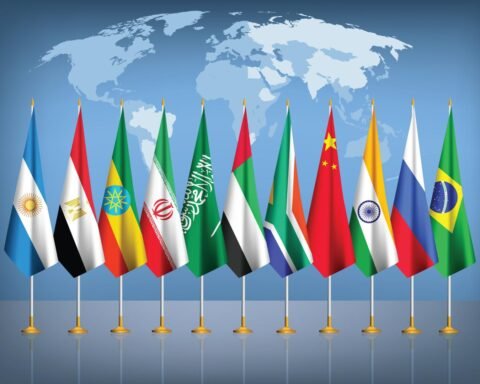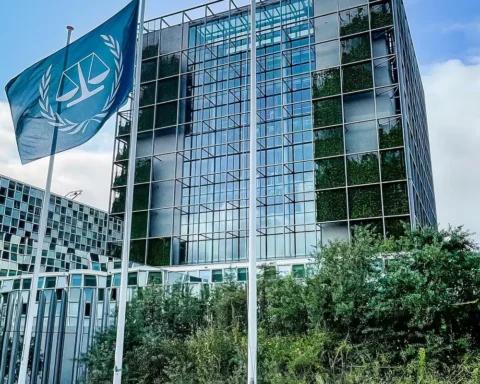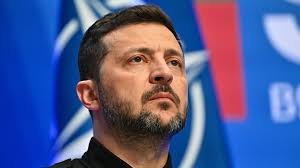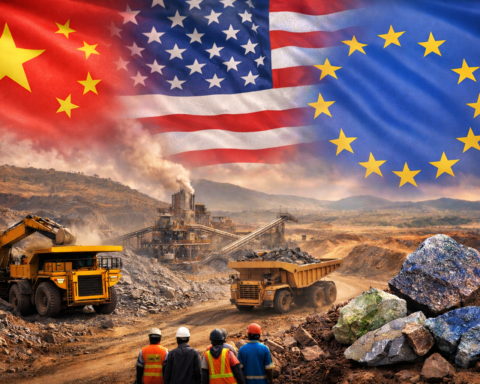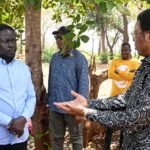South Korea’s Presidential Security Service, backed by the military, prevented an attempted arrest of recently impeached President Yoon Suk Yeol at his official residence in Seoul.
The standoff involved approximately 3,000 police officers and anti-corruption investigators armed with an arrest warrant, sparking a tense confrontation that has captivated the nation.
The arrest warrant was issued in connection with charges of insurrection following Yoon’s declaration of martial law in December 2024. The controversial move, which Yoon justified as necessary to counter growing threats from North Korea, was met with widespread criticism and ultimately led to his impeachment by the South Korean Parliament. While his presidential powers are suspended pending a Constitutional Court ruling, Yoon has vowed to fight the charges, declaring he will not step down without a battle.
Yoon’s legal team swiftly condemned the attempted arrest, calling the warrant invalid and accusing investigators of overstepping their authority. “This is a clear violation of the law,” a spokesperson for Yoon’s legal team stated. “We will take all necessary legal actions against those responsible for this unjust action.”
Outside Yoon’s residence, hundreds of his loyal supporters have created a human shield, blocking any efforts to detain him. Many of them, holding banners and chanting slogans, see him as a defender of national sovereignty and have vowed to stand by him in his fight to retain the presidency.
The situation has created a complex legal and political impasse in South Korea. With the impeachment process now in the hands of the Constitutional Court, tensions remain high as the court deliberates Yoon’s political fate. If upheld, the impeachment would permanently remove him from office and pave the way for fresh presidential elections.
Also Read; Tz Deploys 500 Extension Officers to Boost Cashew Production
The crisis has also highlighted divisions within South Korea’s government and society. Critics argue that Yoon’s actions undermine democratic principles and set a dangerous precedent, while his supporters believe his hardline stance is necessary to protect the nation from external threats.
While the Constitutional Court prepares to make its ruling in the coming months, South Koreans are left watching anxiously, knowing the outcome will have profound implications for the country’s democracy, governance, and political stability. The unfolding saga underscores the delicate balance between authority, accountability, and the rule of law in a rapidly changing geopolitical landscape.


